
Recommendation
If you fail big at a particular goal, you can almost count on never failing at that thing again. As the saying goes, “Once bitten, twice shy.” Authors John Danner and Mark Coopersmith explain how failure can serve as a valuable “strategic resource” for any organization. They show how you and your employees can leverage failure so that it becomes an asset, not a liability. The authors teach you to think about failure in light of Thomas Edison’s approach, which they paraphrase as: “I have not failed. I’ve successfully found 10,000 ways that won’t work.” This is a terrific, solid manual. Its only drawback is its suggestive title – and its use of that other word, so consider yourself warned. getAbstract otherwise recommends this intelligent look at a difficult topic to executives, managers, entrepreneurs, HR officers, and anyone determined to learn from failure and succeed in the long run.
Summary
About the Authors
John Danner teaches at the University of California, Berkeley and at Princeton University. Mark Coopersmith is a senior fellow at the University of California, Berkeley.


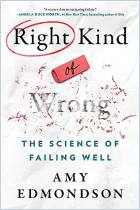
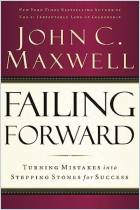
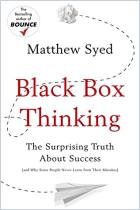
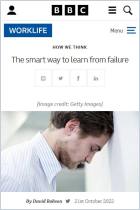
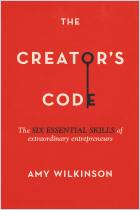
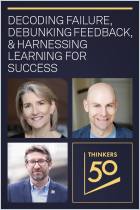





Comment on this summary